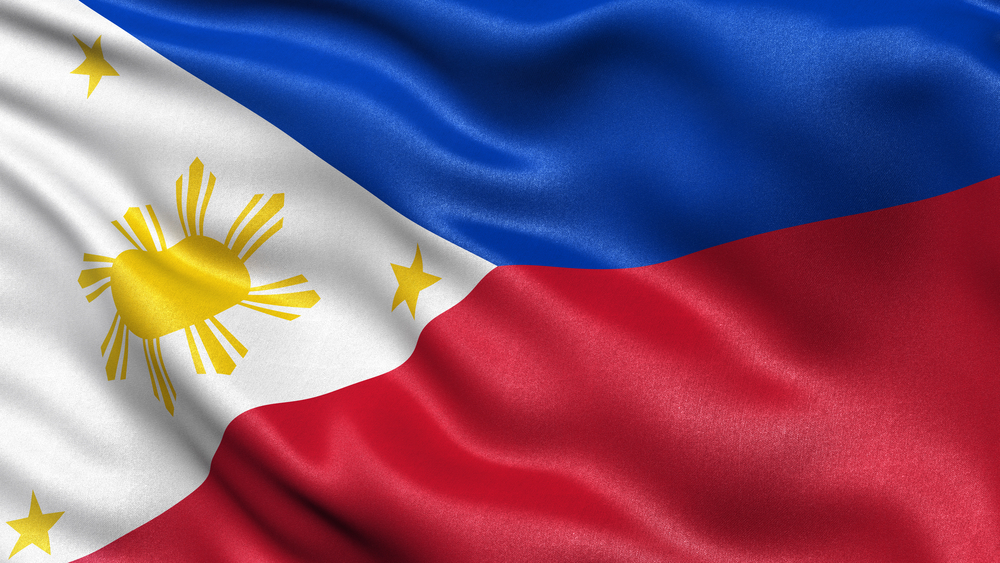The Philippines’ FTA with the European Free Trade Association Enters into Force in June
The Free Trade Agreement (FTA) between the Philippines and the European Free Trade Association (EFTA) will enter into force for Switzerland and the Philippines on June 1, 2018. In March this year, the Philippines’ Senate ratified the FTA with the EFTA as part of the country’s strategy to gain a stronger foothold in the European market. The EFTA comprises of some of the world’s wealthiest nations – Iceland, Liechtenstein, Norway, and Switzerland. Once implemented, the agreement will be the Philippines’ second bilateral FTA after the Japan-Philippine Economic Partnership Agreement (JPEPA) in 2008.
Key advantages
Custom duty exemption
Once the FTA takes effect, the EFTA states will abolish all customs duties on imports of industrial products including fish and other marine products from the Philippines. In addition, the Philippines will gain from significant concessions on agricultural products that are currently being exported to the EFTA market. The Philippines, on the other hand, will gradually eliminate customs duties for the said products originating from EFTA states. It will also provide agricultural market access to the EFTA member states on a number of goods including temperate fruits, mineral and aerated waters, food preparations, chocolate, cheese, and wine, among others.
Liberal requirements under rules of origin
To facilitate the export of goods and the claim for preferential treatment, the agreement simplifies procedures for exporters, dispensing with the requirement to secure a certificate of origin from the customs authorities. Instead, the exporters can make use of the self-declaration system. The parties involved in the trade can provide advance rulings on tariff classification, applied rates of duty, valuation method, fees and charges, port of entry requirements and rules of origin.
Improved market access
As the EFTA requires the same standards as the European Union (EU), Philippine exporters to Europe will gain from economies of scale through improved market access in both EU and EFTA. In addition, the agreement will open access for Philippine exporters to a vast global network of preferential trade agreements outside the EU as the EFTA currently comprises 25 agreements with 35 countries and territories.
Further, noting the similarities between the products that the Philippines and other ASEAN neighboring countries export to the EFTA, the FTA will improve Philippines’ position as EFTA’s primary import source of these products. From 2009 to 2013 the Philippines accounted for about 4 percent of ASEAN’s total exports to EFTA. With the onset of the agreement, the Philippines can significantly improve its market share vis-a-vis the other Association of Southeast Asian Nations (ASEAN) member states in the EFTA market.
This article was first published on ASEAN Briefing.
Since its establishment in 1992, Dezan Shira & Associateshas been guiding foreign clients through Asia’s complex regulatory environment and assisting them with all aspects of legal, accounting, tax, internal control, HR, payroll, and audit matters. As a full-service consultancy with operational offices across China, Hong Kong, India, and ASEAN, we are your reliable partner for business expansion in this region and beyond.
For inquiries, please email us at asean@dezshira.com. Further information about our firm can be found at: www.dezshira.com.




Comments